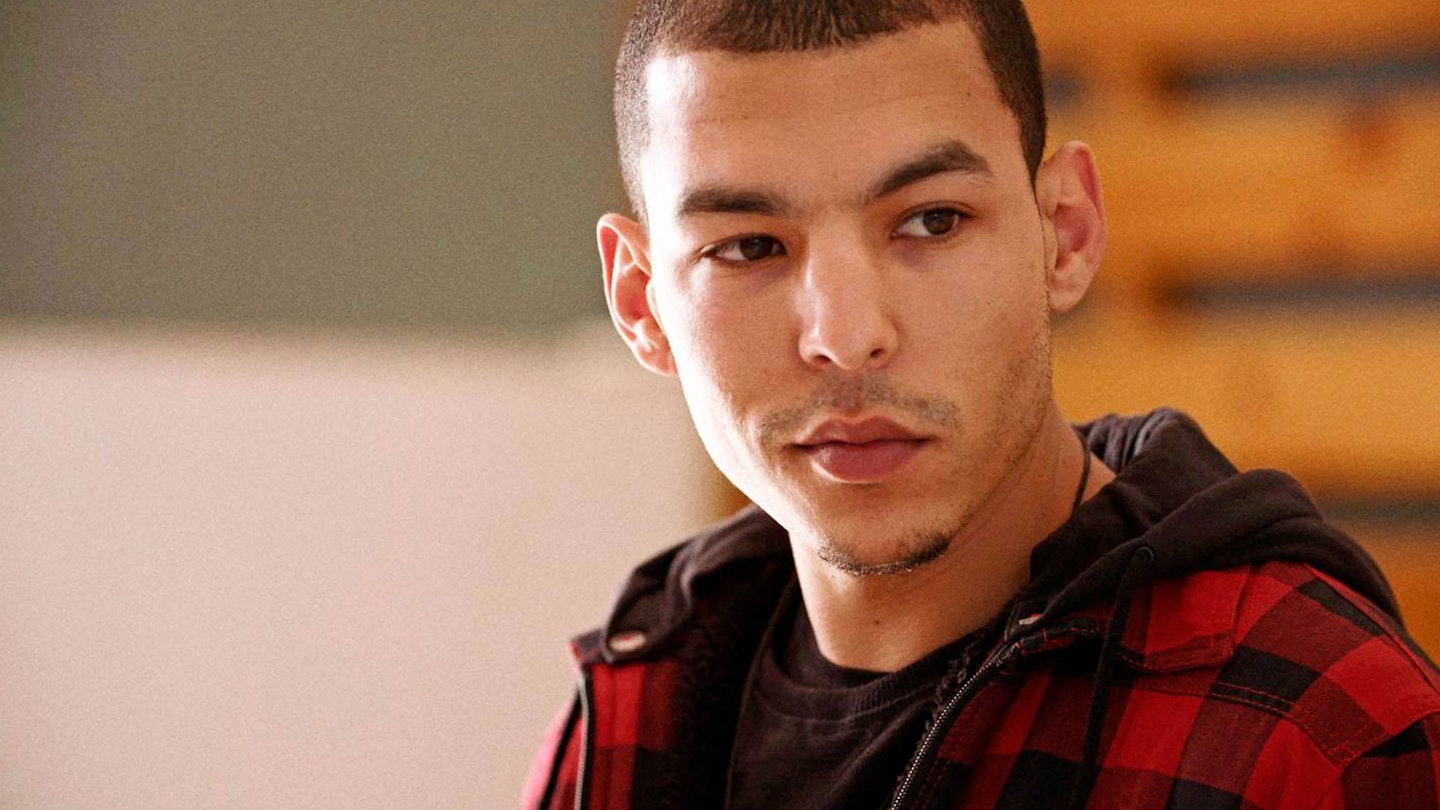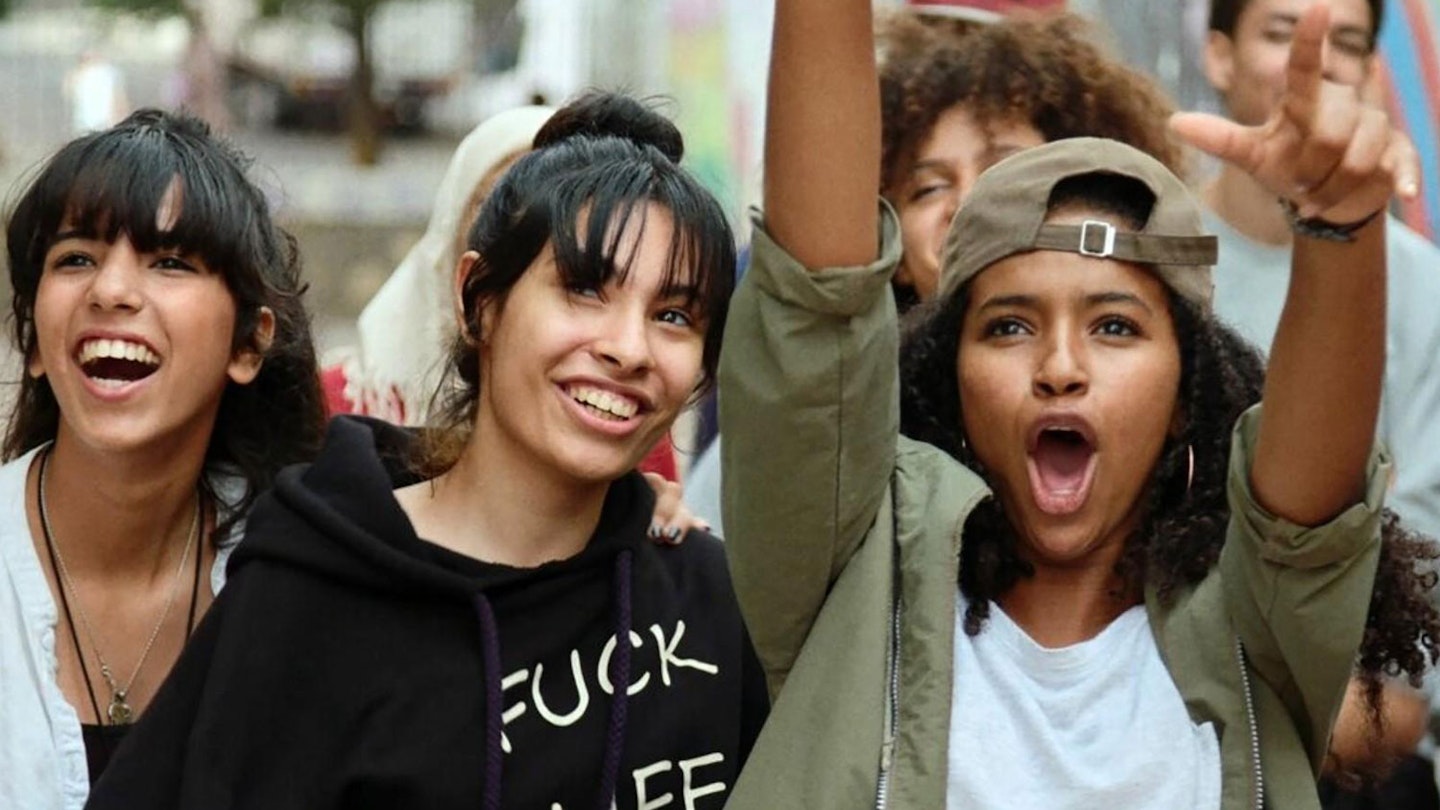For filmgoers, the thought of music in Morocco’s capital brings to mind twinkling keys, drifting through the smoke of Rick's Café Américain; songs for expats and interlopers, Bogart and Bergman, not the people of Casablanca themselves. Nabil Ayouch’s charming new film hands the mic to the young Moroccans living in the city today, with a story about a mercurial rap teacher and a group of students who, thanks to the magic of hip-hop, find their own voices.

If that sounds like Dead Poets Society with a backing track, you’re not far off, but Ayouch’s observational approach in capturing music lessons makes it stand out slightly from the class. Working with non-professionals playing semi-fictionalised characters, there’s a raw authenticity here, which, combined with close, kinetic camerawork and overlapping dialogue, attaches thrilling momentum to the students’ workshops. Hearty, complex and very real discussions about religion and politics ping-pong around the room, evolving from debate into powerful lyrics, all heading towards the predictable final stage of a music film: the big concert.
It’s in its more surprising formal approaches that Casablanca Beats is at its strongest
Outside school, domesticity reveals the often disconcerting inspirations for the students’ rallying songs; although thinly sketched and overly melodramatic, these snapshots highlight the film’s focus on the escapist power of music. The idea is further explored in a more vibrant and interesting manner in stylised music videos that enliven the narrative, revealing the fantastical effect that creating art can have on people, even if they might just be magical-realist diversions.
It’s in its more surprising formal approaches, whether in a more documentary or Expressionistic mode that — whilst remaining trapped in a slightly too familiar narrative melody — Casablanca Beats is at its strongest. Once in this groove, the film transforms from an earnest crowd-pleaser into an invigorating rally for the arts and self-expression.
